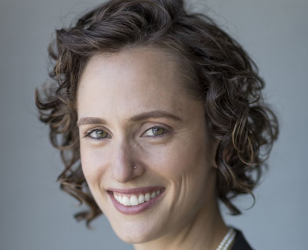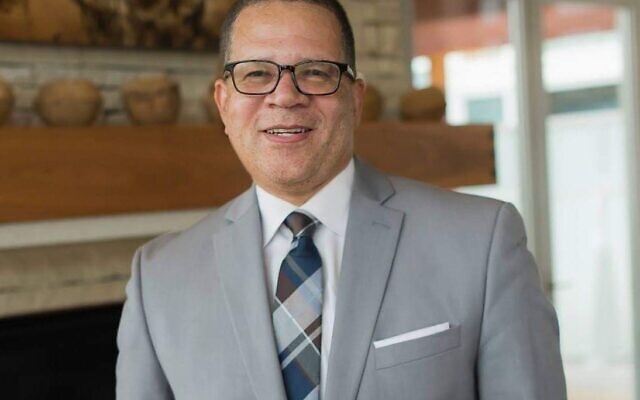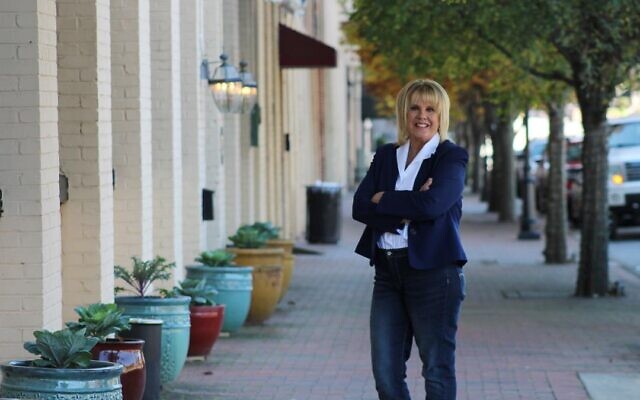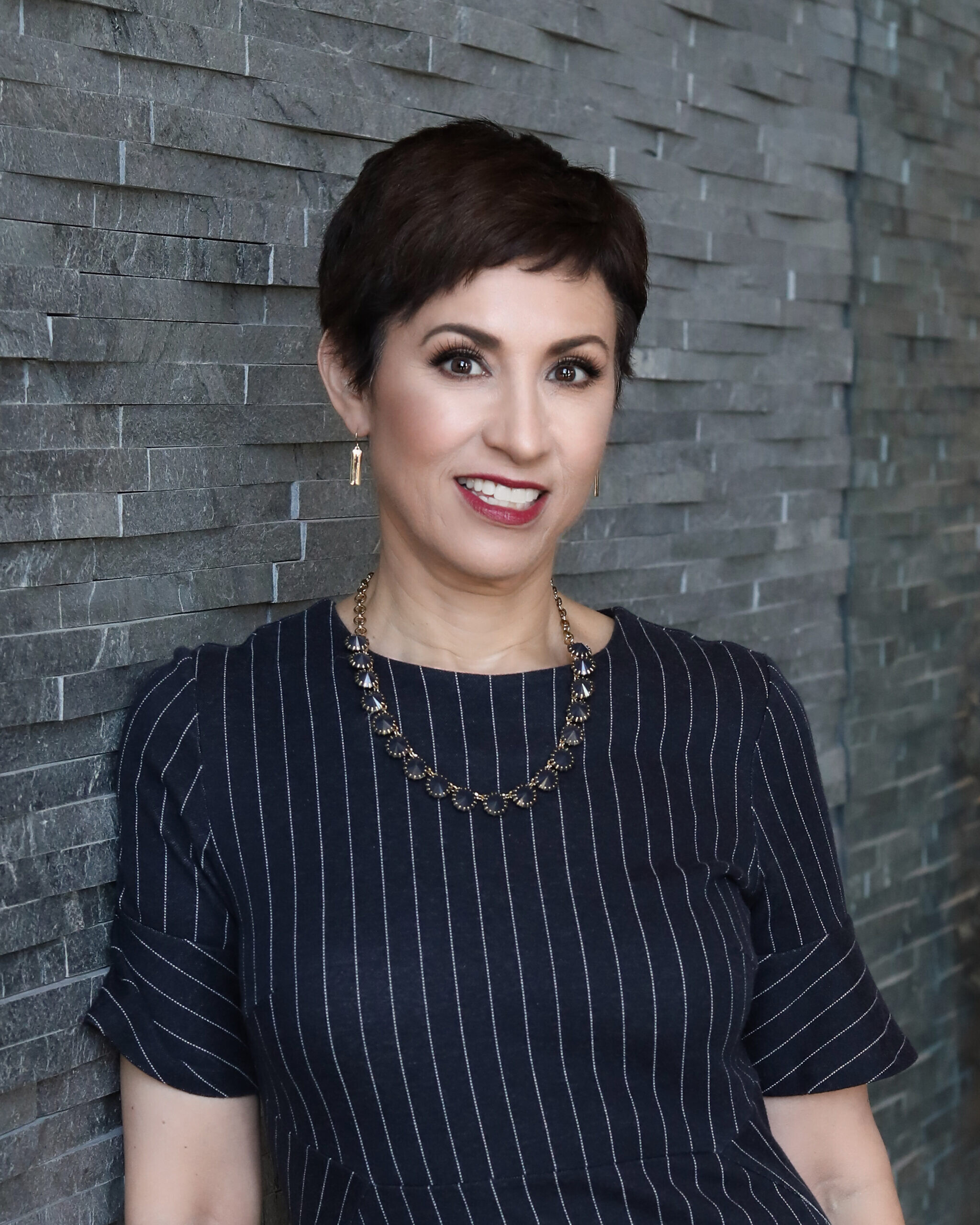Jewish Values Influence Political Candidates
Contenders see opportunities rather than obstacles because of their faith.
When Sam Olens was elected attorney general of Georgia in 2010, he was believed to be the first Jewish candidate to be elected to a statewide partisan office in Georgia. In the upcoming primary election, there are Jewish candidates in Georgia running for national office, including two for U.S. Senate, as well as several competing in congressional districts.
In a state where the Jewish population is only 1.2 percent of the total population – much of it centered in the Atlanta metropolitan area – one might expect Jewish candidates to experience particular challenges. But, according to those candidates, their religion is not an obstacle to their candidacy; rather, it is one of the factors compelling them to run.
“Was I aware that people wouldn’t vote for me because I am Jewish?” asked Olens rhetorically. “Yes,” he said. In his campaigning around the state, when someone would approach him to attack his faith, “I just went to talk to someone else in the room.” Olens told the AJT that he was raised “to understand the classic value of giving back” to the community.

Likewise, Jon Ossoff said his “Jewish heritage and upbringing profoundly influenced my worldviews. It has made me sensitive to authoritarianism, to scapegoating and the scourge of extreme nationalism.” The candidate for U.S. Senate said he came from descendants on both sides of his family who fled persecution. His father’s ancestors left Eastern Europe and his mother is an immigrant from Australia whose ancestors were chased out of the British Isles.
Ossoff, who raised his political profile after nearly winning a congressional seat in the 6th District in a special election in 2017, contends that the “extreme right-wing politics of Donald Trump threaten the idea and identity of America as a place where people of all backgrounds and faiths can flourish.”
Before the pandemic limited his campaigning to the phone and computer, Ossoff said he didn’t “encounter a single hostile question” about his background as he traveled across the state. The CEO of Insight TWI, an investigative television production company, Ossoff said matter-of-factly, “I think that anyone who wouldn’t vote for me because I’m Jewish, wasn’t going to vote for me anyway.”
Running in a separate, Nov. 3 special election to fill the vacancy left by Sen. Johnny Isakson, Matt Lieberman echoed Ossoff. “Being Jewish is not an issue,” he said. “Sure, there’s a small percentage of folks who are anti-Semitic and for whom it would be an issue. I wouldn’t be counting on their votes anyway.”
Lieberman, son of former Sen. Joe Lieberman, who was also once a vice presidential candidate, said the “timeless lessons of our faith” have influenced his campaign. “As a Jew of post-Holocaust and post establishment of Israel, I know we’re not supposed to wait for a miracle or change, but we’re supposed to make change. We must do our best to make the world better.”

Lindy Miller acknowledged that when she was running for a seat on the Georgia Public Service Commission in 2018, she was nervous about experiencing “dog whistles” about her Jewish faith. But she said she “never once experienced anti-Semitism.”
According to Miller, Judaism is core to her being. “Justice is a calling for me because I am Jewish and of South African ancestry,” Miller said.
In addition to his Jewish background, John Eaves – running for Congress in District 7 – said his being African American sensitizes him to marginalized groups.
This is especially important now, he said, because people of color, those in nursing homes and essential workers who don’t have a choice to stay at home, “are put into a category of ‘the other.’” And these are the groups who have a high chance of dying due to the pandemic, he said. “I want to be a voice” for the marginalized groups, Eaves said.

While Eaves was born into his Judaism because his grandfather converted to the faith, Renee Unterman, who is running for congress in the 7th District, converted before she married her ex-husband. A former mayor and county commissioner, Unterman said that she was in office when her son died. “It was my faith that got me through that. Now I see people losing their jobs and I know that it’s your foundation that gets you through tragedies.”

She added that a large part of her attachment to Judaism is her allegiance to Israel. Although she’s never visited the country, she believes Congress needs people who will strengthen the ties between Israel and the United States.

Former radio personality Dana Barrett said that she was never particularly political until Donald Trump was elected president. “I was shocked and upset for the country. I changed my radio show to be more political. Being Jewish, I see the rise in anti-Semitism as concerning.” She admits that she has become more engaged with Israel and Jewish groups since she’s become a candidate for Georgia’s 11th Congressional District. As a breast cancer survivor, what really drives Barrett’s campaign, however, is the issue of healthcare.
As for the challenge for Jewish candidates to get elected in Georgia, Lieberman points out, “We were close to electing a black woman for governor,” referring to Stacey Abrams in 2018. “There’s no reason to believe a Jewish candidate would run into more obstacles.”




comments